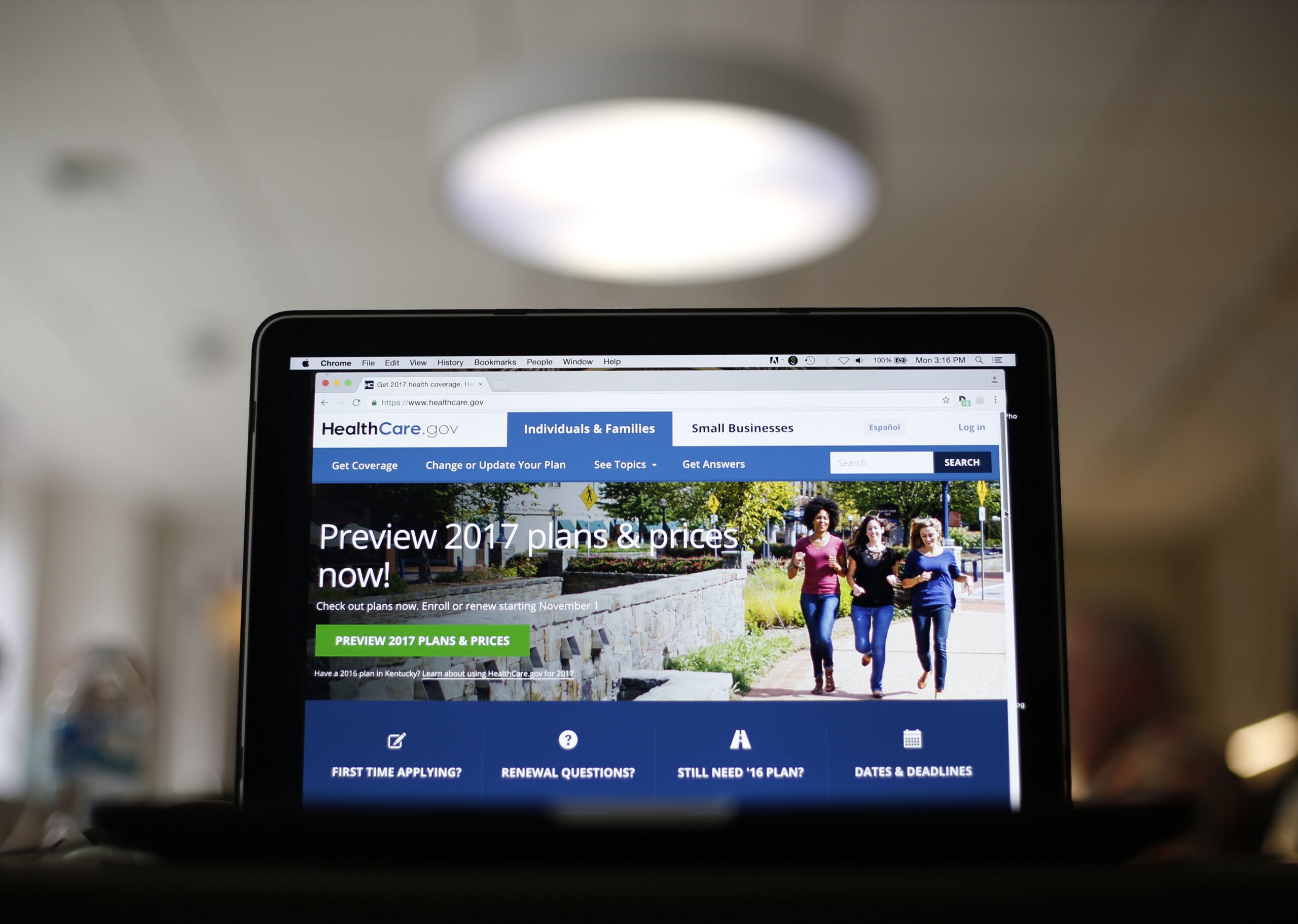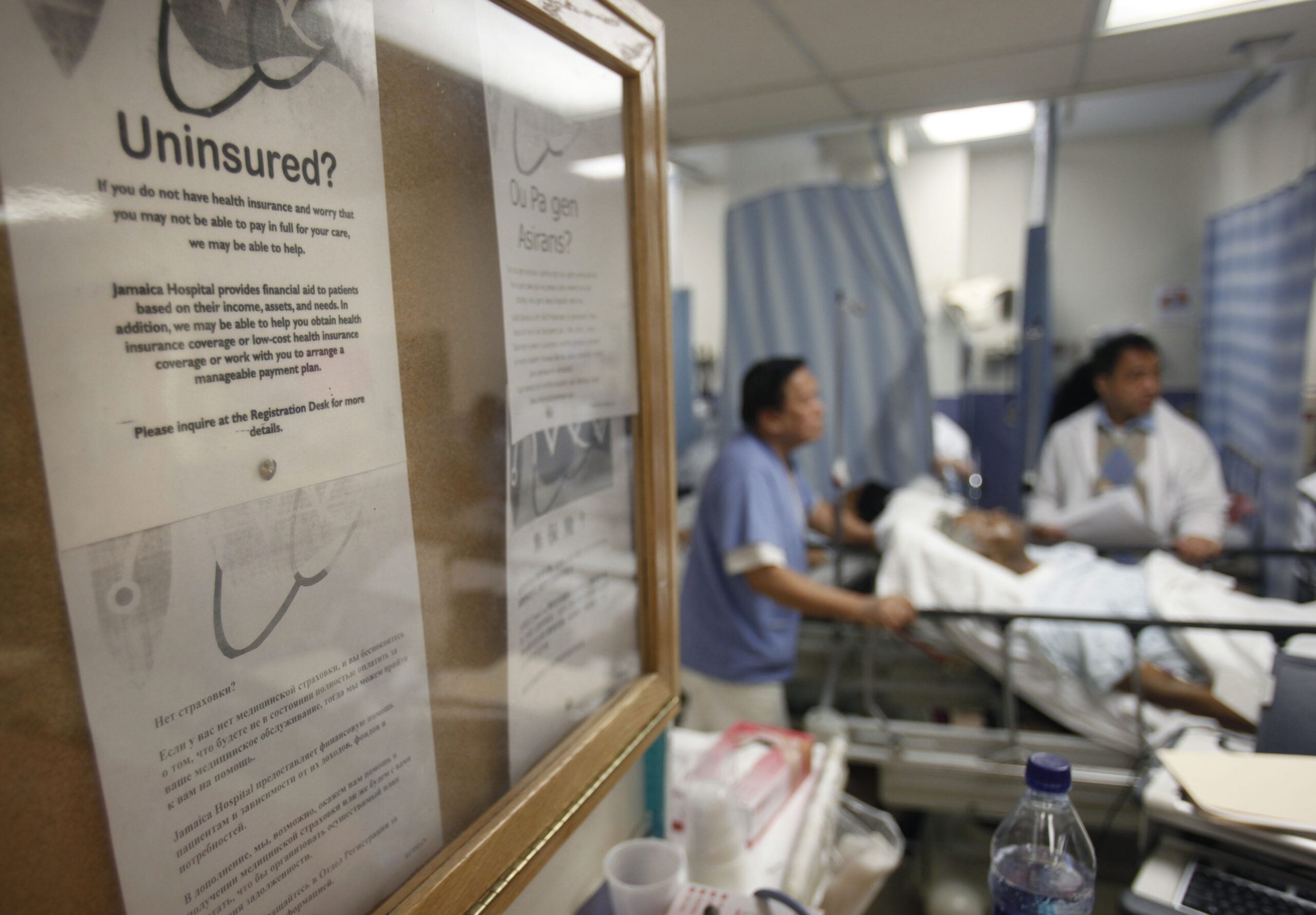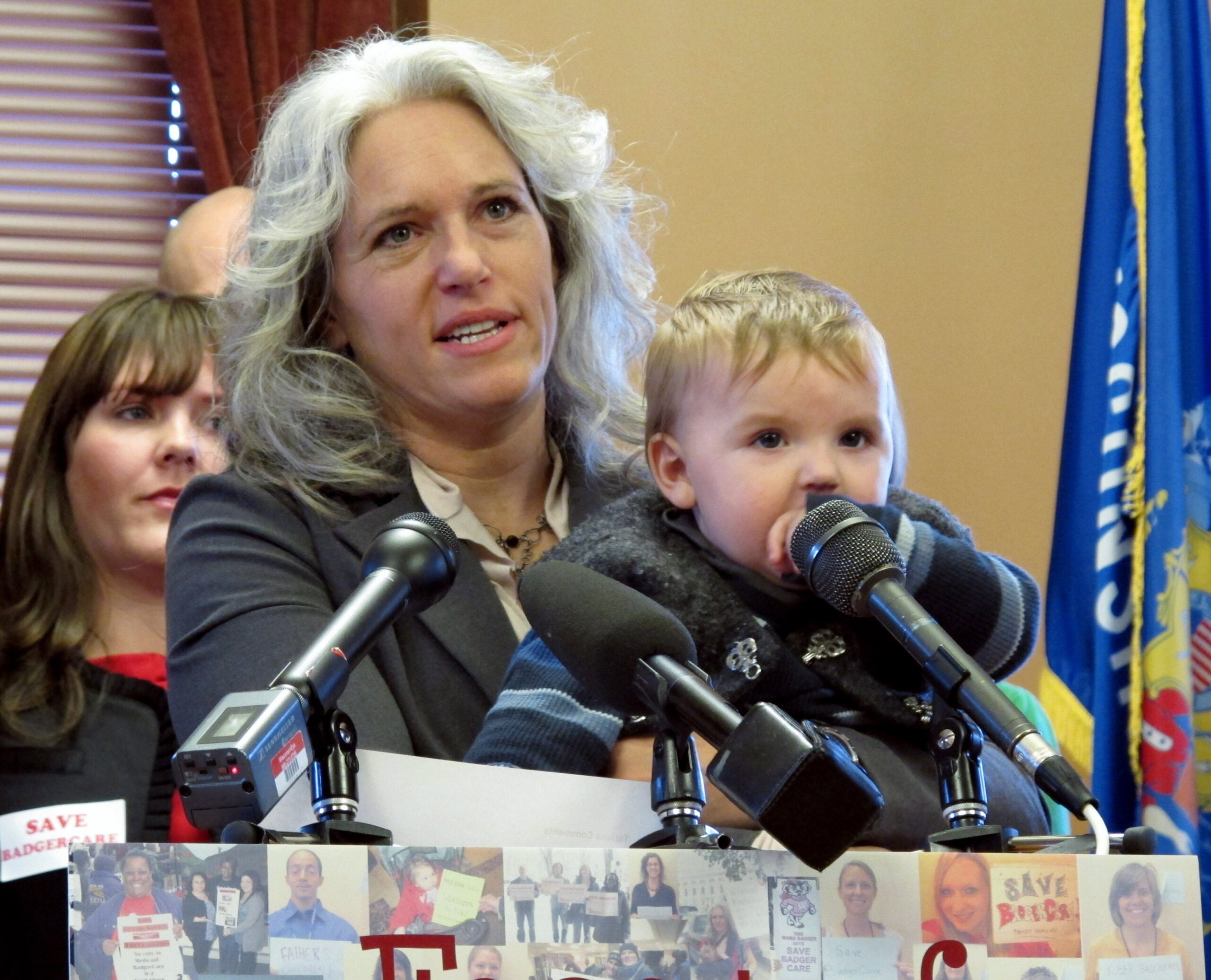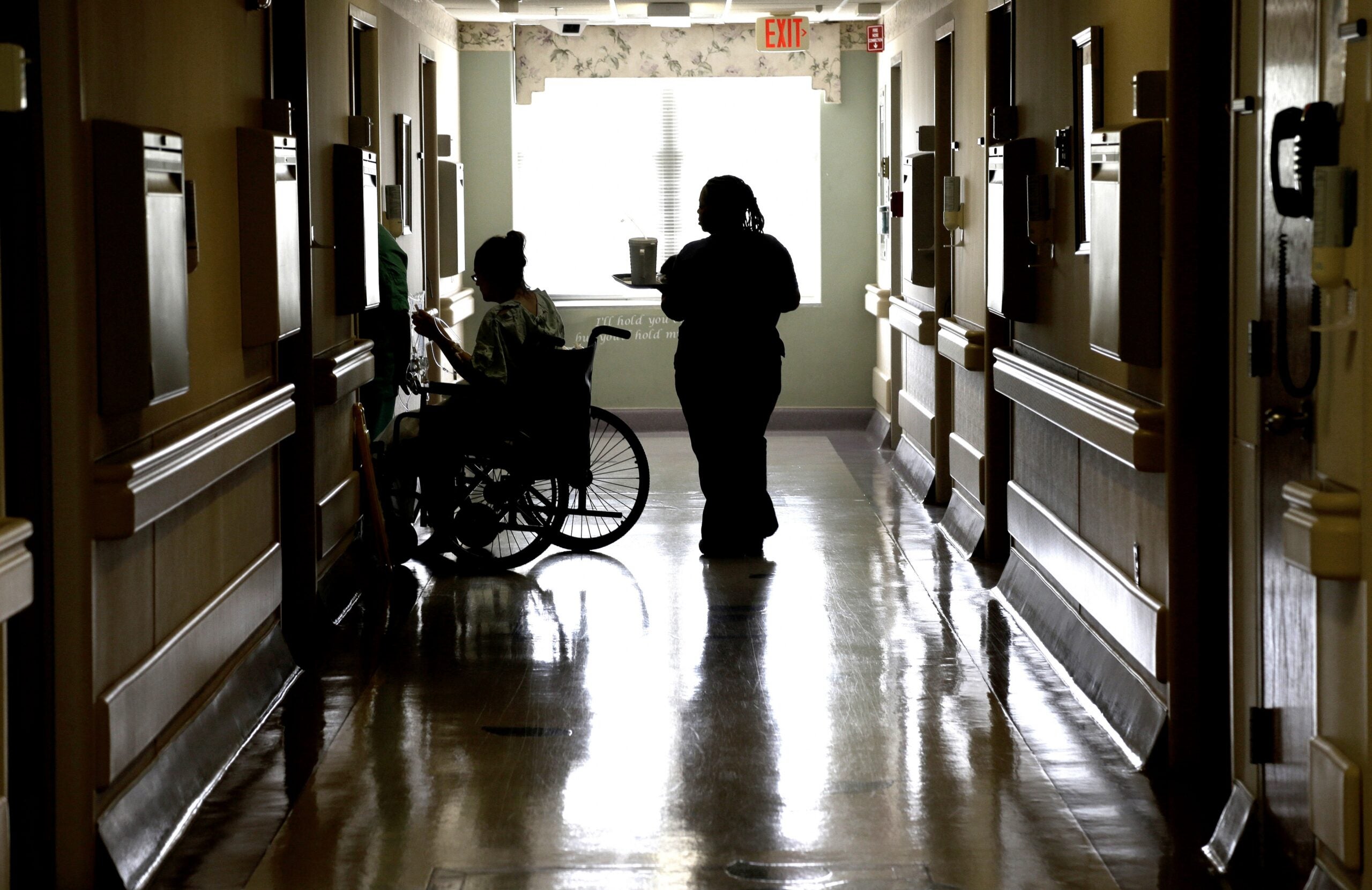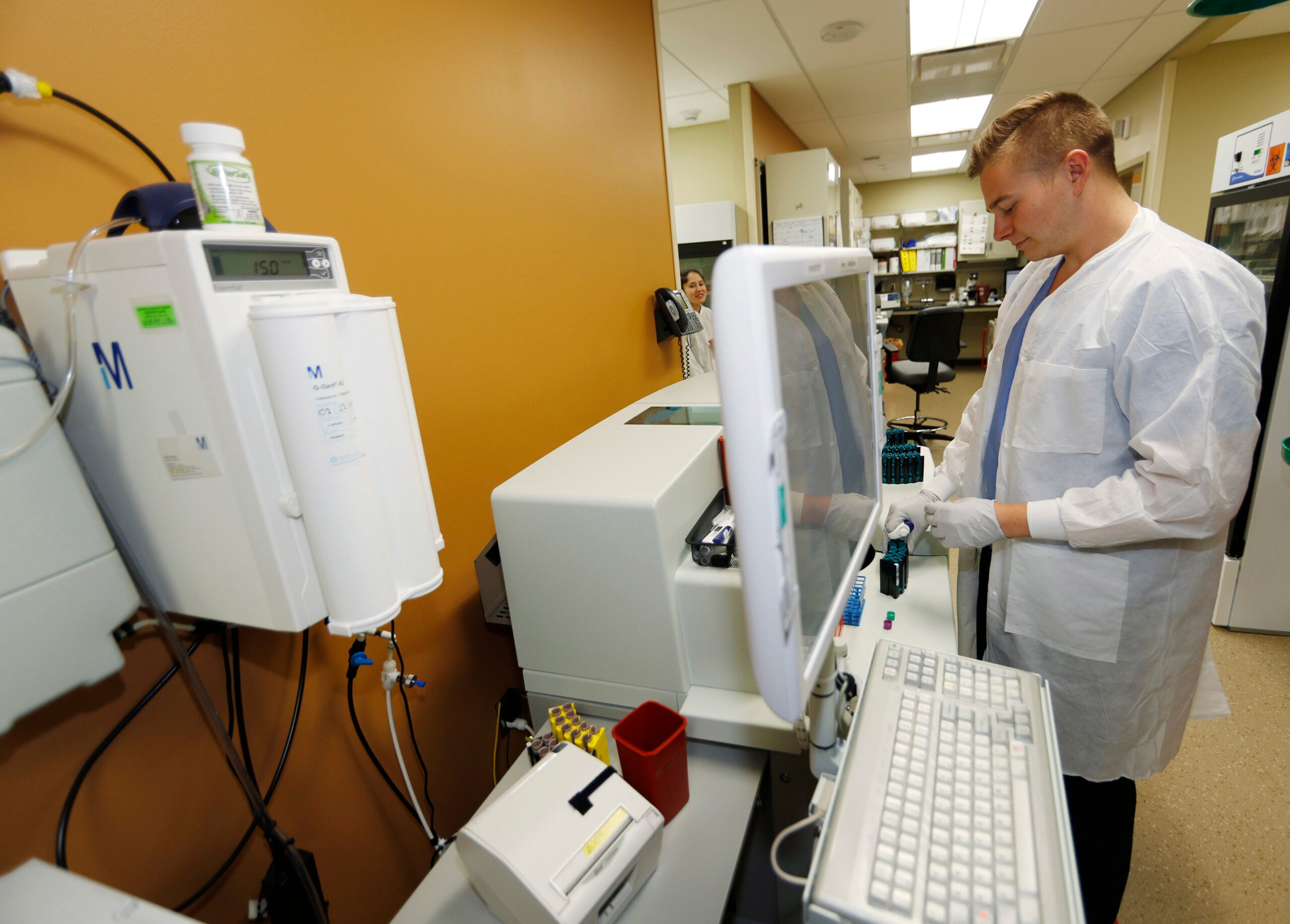Wisconsin’s partial expansion of Medicaid under the Affordable Care Act is set to expire at the end of next year. State officials are asking the Centers for Medicare & Medicaid Services — a federal agency within the U.S. Department of Health and Human Services — for an extension, allowing the state to continue the program for another five years.
On Tuesday, the state Department of Health Services held the first of two public hearings on the issue in Janesville. The other will be Thursday in Green Bay.
Wisconsin was one of more than a dozen Republican-led states that did not fully expand Medicaid using federal money. Instead Gov. Scott Walker used state money to make changes to BadgerCare — the state’s health care coverage program for low-income residents — that provides health coverage for childless adults at or below 100 percent of the federal poverty level, or about $12,000 for an individual.
News with a little more humanity
WPR’s “Wisconsin Today” newsletter keeps you connected to the state you love without feeling overwhelmed. No paywall. No agenda. No corporate filter.
Because Medicaid is a federally mandated program, Walker’s administration has to request an extension to continue to provide the program.
The changes to BadgerCare in 2014 included eliminating the enrollment cap. Before the change, there was a waiting list of low-income childless adults who were eligible for BadgerCare. As of October 2017, there were 145,000 participants in the program.
“What we’ve seen since the waiver began was a much larger influx of the childless adult population than anticipated. We were very successful in our outreach efforts, which is a good thing, but those numbers exceeded expectations,” said Medicaid Director Michael Heifetz. “But that’s fine. As long as folks are eligible and are getting the coverage they need that’s great.”
The 2014 changes meant that those above the poverty line were ineligible for BadgerCare. A state analysis showed less than 60 percent of those deemed ineligible were able to replace that coverage with private insurance purchased on the ACA marketplace.
During a presentation before the hearing, Heifetz said one of the objectives to extend the partial expansion is to help more Wisconsinites become independent and rely less on government-sponsored health insurance.
Also Tuesday, Heifetz announced he would be stepping down as Wisconsin’s Medicaid director to work in the private sector, his last day at the agency is Dec. 13.
The state’s partial expansion under the ACA helped reduce the state’s uninsured rate by 42 percent from 2013 to 2016.
“Other expansion states have done far better,” said Jon Peacock of Kids Forward. “All of the neighboring states around Wisconsin have had reductions in the uninsured of 47 percent to 51 percent.”
He urged the state to fully expand Medicaid, saying it would cover more people at less cost because the state would be eligible for federal funds, which Walker rejected because of concerns they might not continue.
The Legislative Fiscal Bureau has estimated that 80,000 people could be covered by BadgerCare if eligibility was expanded to 133 percent of the poverty level instead of 100 percent. Wisconsin would save roughly $190 million annually because of extra federal funding, according to the LFB.
In June, the state asked the federal government for changes to the BadgerCare program it’s seeking to extend. These changes include: drug screening along with testing and treatment if necessary; a 48-month cap on eligibility; a health risk assessment; monthly premiums of $8 for households with incomes between $6,000 and $12,000; reduced premiums for those engaged in healthy behaviors; and a co-payment for emergency room visits.
The meeting in Green Bay will be from 10-1 p.m. Thursday at the Brown County Central Library, 515 Pine Street.
Wisconsin Public Radio, © Copyright 2025, Board of Regents of the University of Wisconsin System and Wisconsin Educational Communications Board.

